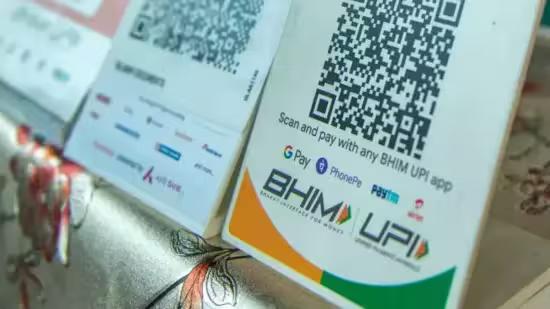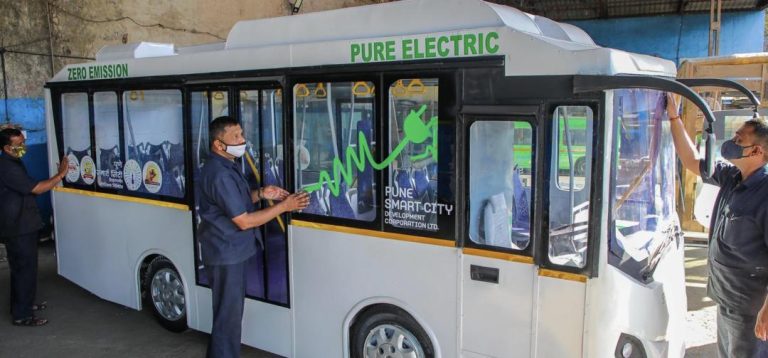
Trinidad & Tobago becomes the first Caribbean nation to adopt UPI
In a significant move, Trinidad and Tobago has become the first Caribbean country to adopt Unified Payments Interface (UPI), India’s flagship digital payment platform. This milestone was achieved during Prime Minister Narendra Modi’s two-day official visit to the Caribbean nation. The adoption of UPI will enable seamless and secure digital transactions for the citizens of Trinidad and Tobago, marking a significant step towards financial inclusion and digital transformation.
UPI, developed by the National Payments Corporation of India (NPCI), is a real-time payment system that allows users to send and receive money using a unique identifier. The platform has gained immense popularity in India, with over 100 million transactions worth over $10 billion processed daily.
The agreement between India and Trinidad and Tobago to adopt UPI is part of a broader collaboration to explore further implementation of India Stack solutions, including DigiLocker, e-Sign, and Government e-Marketplace (GeM). India Stack is a collection of APIs that enables secure and seamless exchange of digital information, including identity, address, and payment details.
The adoption of UPI by Trinidad and Tobago is a significant milestone not only for the Caribbean nation but also for the global digital payment ecosystem. With this move, Trinidad and Tobago becomes the eighth country to join the UPI network, after India, Bhutan, Nepal, Brazil, Russia, Singapore, and the United Arab Emirates.
The potential benefits of UPI for Trinidad and Tobago are numerous. Firstly, it will enable citizens to make digital transactions with ease, reducing the need for physical currency and promoting financial inclusion. UPI also offers a secure and convenient way to pay bills, make purchases, and transfer money, which will reduce the risk of fraud and theft.
Secondly, the adoption of UPI will help to promote digital commerce in Trinidad and Tobago, enabling local businesses to accept digital payments from customers. This will not only increase transparency and efficiency in transactions but also reduce the costs associated with traditional payment methods.
Thirdly, UPI will enable Trinidad and Tobago to leverage the expertise and experience of India in the digital payment space. India has been a pioneer in digital payments, with UPI being one of the most popular payment methods in the country. The collaboration between the two countries will enable Trinidad and Tobago to learn from India’s best practices and develop its own digital payment ecosystem.
The adoption of UPI by Trinidad and Tobago is also expected to have a positive impact on the country’s economic growth. Digital payments can help to increase financial inclusion, reduce costs, and promote economic growth. According to a report by the Reserve Bank of India, the growth of digital payments in India has led to a significant increase in financial inclusion, with over 300 million new bank accounts opened since 2014.
In conclusion, the adoption of UPI by Trinidad and Tobago is a significant milestone in the country’s journey towards digital transformation. The platform will enable seamless and secure digital transactions, promote financial inclusion, and support the growth of local businesses. The collaboration between India and Trinidad and Tobago will also enable the sharing of expertise and best practices in the digital payment space, promoting economic growth and development.






